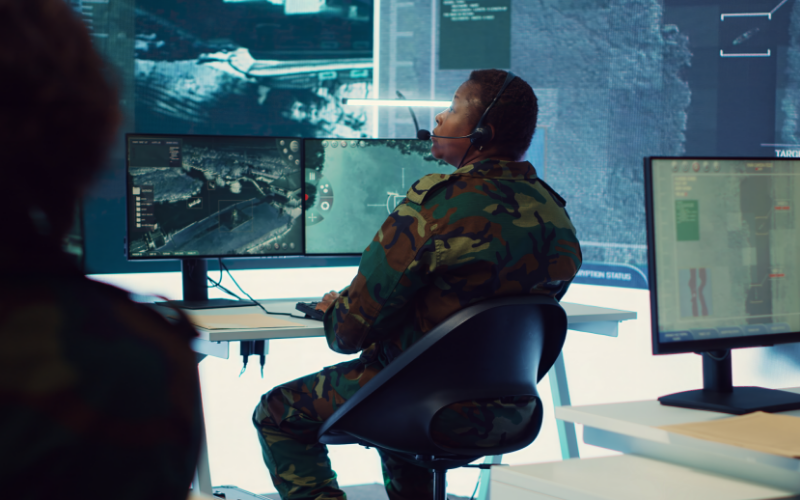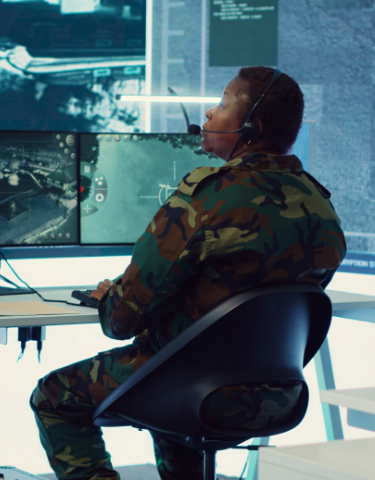Today’s world is characterized by a host of complex, interconnected risks that can pose significant challenges to national stability and prosperity. These range from natural disasters and pandemics to economic volatility, cyber threats, and geopolitical instability. While several organisations hire qualified Chief Risk Officers (CRO) to manage enterprise-wide risks; in order to navigate the country-level complex risk landscape effectively, it may be beneficial for countries to consider the appointment of a National Risk Officer as well. Here are the reasons why:
1. Holistic Risk Management: A National Risk Officer can ensure a holistic approach to risk management at the national level. They would be responsible for identifying and assessing all potential risks across sectors, ranging from public health to national security, economics, and environment. This comprehensive view of risk would allow for more effective and coordinated risk management strategies.
2. Enhanced Preparedness: The appointment of a National Risk Officer could significantly enhance a country’s preparedness for various types of crises. They could lead efforts to develop contingency plans, build national resilience, and coordinate crisis response efforts, helping to mitigate the impact of potential disasters.
3. Fostering a Risk-Aware Culture: A National Risk Officer can help foster a risk-aware culture within the public sector. They can raise awareness about potential risks, provide training on risk management, and encourage government agencies to incorporate risk considerations into their decision-making processes.
4. Strategic Decision Making: A National Risk Officer can play a critical role in strategic decision-making at the highest levels of government. By providing insights into potential risks and their implications, they can ensure that decisions are well-informed and take into account the broader risk context.
5. Coordinating Risk Management Efforts: A National Risk Officer can help coordinate risk management efforts across different government agencies. This can ensure a consistent approach to risk management, eliminate redundancies, and ensure that all risk management activities are aligned with national priorities and objectives.
6. Strengthening International Relations: In an interconnected world, risks often transcend national borders. A National Risk Officer can play a key role in managing these transnational risks, fostering cooperation with other countries, and representing the country in international risk-related discussions.
7. Building Public Trust: By demonstrating a proactive and comprehensive approach to risk management, the appointment of a National Risk Officer can help build public trust. This can be particularly valuable in times of crisis, when public confidence in the government’s ability to manage risks effectively is crucial.
In conclusion, the appointment of a National Risk Officer could significantly enhance a country’s ability to navigate the complex and uncertain risk landscape of the 21st century. By ensuring a holistic, coordinated, and strategic approach to risk management, this role could play a critical role in safeguarding national stability and prosperity. The Institute of Risk Management (headquartered in the UK), established in 1986, is the world’s leading professional body for Enterprise Risk Management (ERM) qualifications, and examinations. IRM has been driving excellence for over 35 years across 143 countries. Aspiring risk leaders can pursue the 5-level pathway to Certified Fellowship in ERM and earn the IRM’s global designations.
Want to become a certified CRO? Start with IRM’s Level 1 Global ERM Exam here.
Want to hire a qualified Chief Risk Officer? Reach out to our Alumni Office.
Want to read more about how to hire a CRO and build a risk team? Read our publication here.











